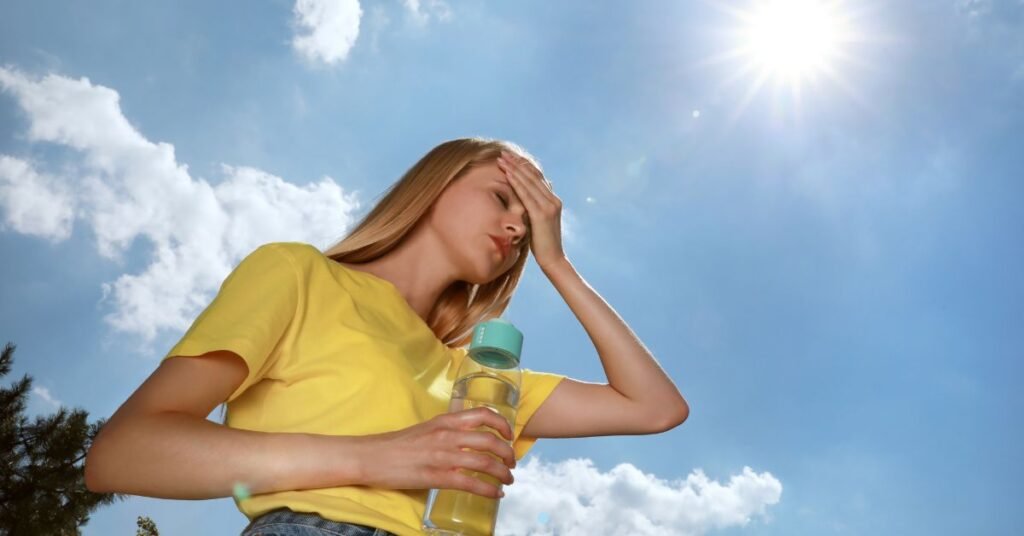As temperatures rise in summer, the risk of heat stroke becomes more serious—especially in places like Pakistan. Heat stroke happens when the body can no longer control its internal temperature due to prolonged heat exposure. It can be life-threatening if not recognized and treated quickly. Below are the key things you need to know:
1. What Is Heat Stroke?
Heat stroke is a serious heat-related illness that happens when the body overheats, usually due to prolonged exposure to high temperatures or physical exertion in hot conditions. If not treated promptly, it can become life-threatening.
It differs from regular heat exhaustion as it involves a complete failure of the body’s temperature control system. It’s more common in areas with high humidity, where sweat cannot evaporate effectively.
2. Heat Stroke Symptoms
Here are the most common signs:
-
High body temperature (above 104°F or 40°C)
-
Rapid pulse
-
Hot, dry skin or profuse sweating
-
Headache and dizziness
-
Nausea and vomiting
-
Confusion or unconsciousness
-
Muscle weakness or cramps
-
Seizures in severe cases
-
Shallow or rapid breathing
⚠️ Note: Immediate action is necessary if these symptoms appear.
3. Heat Stroke Treatment
Quick treatment can save lives:
-
Move the person to a shaded or cool area
-
Remove excess clothing
-
Cool the body using cold water, ice packs, or a fan
-
Offer cool fluids if the person is conscious
-
Place cold, wet cloths on wrists, neck, and ankles
-
Elevate legs slightly to support blood flow
-
Avoid giving any medication unless advised by a doctor
-
Seek emergency medical help right away
4. Heat Stroke vs Heat Exhaustion
| Feature | Heat Stroke | Heat Exhaustion |
|---|---|---|
| Body Temp | Over 104°F | Normal to slightly high |
| Skin Condition | Dry or drenched in sweat | Cool and sweaty |
| Consciousness | May faint or confused | Tired but alert |
| Urgency | Medical emergency | Less severe but needs rest |
| Treatment Needed | Immediate medical care | Rest and hydration |
Preventing heat-related illness is better than treating it.
-
Stay hydrated throughout the day
-
Drink electrolytes during outdoor work
-
Avoid strenuous activity during peak heat
-
Wear light, breathable, and loose clothing
-
Use sunblock to avoid sunburn (which worsens overheating)
-
Take regular breaks in shaded or air-conditioned places
-
Use umbrellas or wide hats when walking in the sun
-
Avoid caffeine and alcohol in hot weather
-
Check on elderly neighbors or outdoor workers
-
Never leave children or pets in parked vehicles
Discover more on MediaBites and follow us on Instagram @mediabitespk for daily stories that inspire.



1 Comment
I am glad to be one of several visitants on this great internet site (:, regards for posting.